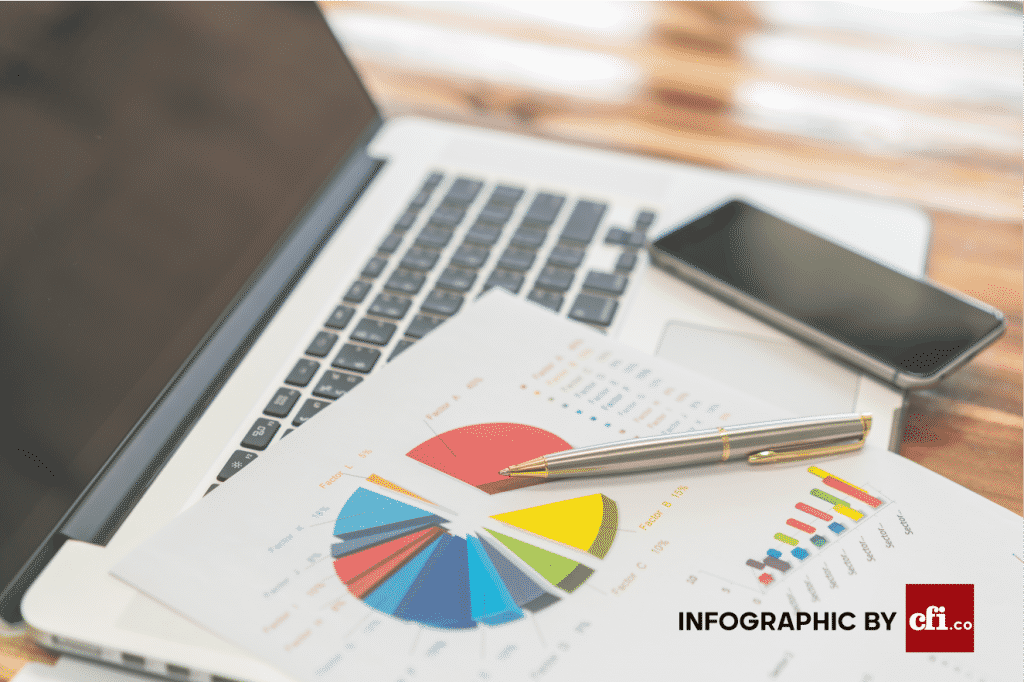Tax planning is a critical aspect of financial management for businesses of all sizes. It involves the strategic organization of financial activities to minimize tax liabilities while remaining compliant with tax laws and regulations. In this article, we will explore the top 10 benefits of tax planning for businesses. From reducing tax burdens to enhancing financial stability and planning for the future, effective tax planning can offer a multitude of advantages that can significantly impact a company’s bottom line and long-term success. If you’re seeking expert assistance, consider consulting the Chicago CPA firm to navigate the complexities of tax planning.

1. Minimizing Tax Liability
Effective tax planning enables businesses to legally reduce their tax liability by taking advantage of available deductions, credits, and exemptions. By strategically structuring their finances and transactions, businesses can optimize their tax position, ensuring that they only pay the taxes they are legally obligated to, freeing up more capital for growth and development. When seeking expert tax advice and strategies, many businesses turn to reputable accounting services Chicago to navigate the complex world of taxation.
2. Improved Cash Flow
Tax planning can significantly improve a business’s cash flow by spreading tax payments across the year, avoiding last-minute financial strain during tax seasons. By managing taxes efficiently, businesses can allocate funds for essential expenses, investments, and unexpected challenges, ensuring they maintain a healthy financial position. This improved cash flow can also help seize opportunities for growth or navigate economic downturns more effectively, especially in a bustling economic hub like Chicago, where tax planning Chicago services can be particularly valuable.
3. Legal Compliance
Tax planning ensures that a business, with the guidance of the Chicago small business CPA, adheres to all relevant tax laws and regulations. Staying compliant not only helps avoid costly penalties and legal issues but also enhances the company’s reputation. A business that consistently meets its tax obligations demonstrates integrity and responsible financial management, fostering trust among stakeholders.
4. Strategic Financial Management
Tax planning is an integral part of strategic financial management. It involves analyzing a company’s financial health, identifying areas for improvement, and implementing strategies to achieve long-term financial goals. By incorporating tax planning into their financial strategy, businesses can better allocate resources, reduce wasteful spending, and enhance profitability over time. This proactive approach to financial management can lead to sustained success and growth.
5. Investment Opportunities
Effective tax planning can free up capital so that businesses can reinvest in growth opportunities. By minimizing tax liabilities, companies have more resources to allocate toward research and development, acquiring new assets, or expanding into new markets. This financial flexibility enables businesses to seize investment opportunities as they arise, contributing to their long-term competitiveness and innovation.
6. Retirement Planning
Tax planning extends to the personal financial well-being of business owners and employees. It can involve setting up tax-advantaged retirement plans, such as 401(k)s or IRAs, to secure the financial future of key individuals within the organization. This not only helps attract and retain talent but also ensures that business owners can enjoy a comfortable retirement while minimizing their tax burden. Proactive retirement planning is an essential aspect of comprehensive tax management for businesses.
7. Business Expansion
Tax planning can play a crucial role in supporting business growth initiatives. By strategically managing taxes, companies can accumulate funds necessary for expanding operations, opening new locations, or diversifying product lines. Additionally, tax incentives and credits offered by some regions or governments can further incentivize expansion, making it a win-win situation for both the business and the economy.
8. Enhancing Competitiveness
Competing in today’s business landscape often requires staying lean and efficient. Effective tax planning allows businesses to reduce their overall expenses, which can translate into lower prices for customers or higher margins. This competitive edge can help a company attract more customers and maintain a stronger market position. Furthermore, tax planning can free up resources that can be invested in research and development, innovation, or marketing, further enhancing a company’s competitive stance.
9. Succession Planning
Business owners often face the challenge of transitioning their company to the next generation or selling it when they retire. Proper tax planning can facilitate a smooth succession process. It allows for the efficient transfer of assets and ownership while minimizing tax burdens on both the current and future owners. Succession planning through tax optimization ensures that the business’s legacy continues to thrive while preserving the wealth of the departing owner.
10. Risk Management
Taxes can be a significant source of financial risk for businesses. Unexpected tax liabilities or penalties can disrupt operations and harm a company’s financial stability. Tax planning involves evaluating potential risks and taking steps to mitigate them. By understanding the tax implications of various financial decisions, businesses can make informed choices that minimize tax-related risks. This proactive approach helps protect the company’s financial health and ensures it can weather unforeseen challenges in the tax environment.
Conclusion
In conclusion, tax planning is not just a necessary financial exercise; it’s a strategic tool that can help businesses thrive in a competitive landscape. By proactively managing their tax affairs, businesses can reduce their tax burdens, improve cash flow, invest in growth, and ensure compliance with tax laws. Moreover, tax planning allows companies to build financial stability, secure their legacies, and contribute positively to their communities. As businesses embrace the benefits of tax planning, they position themselves for long-term success and financial well-being in an ever-evolving economic environment.




